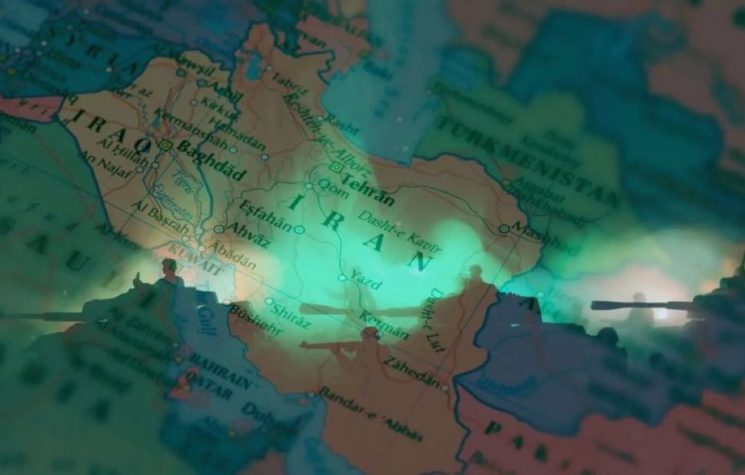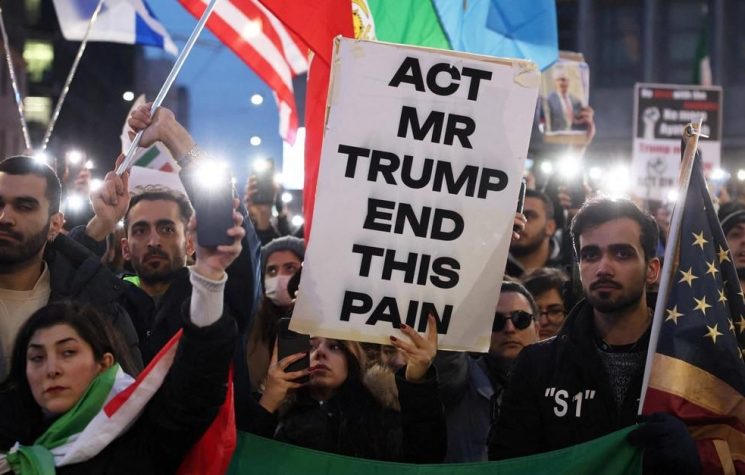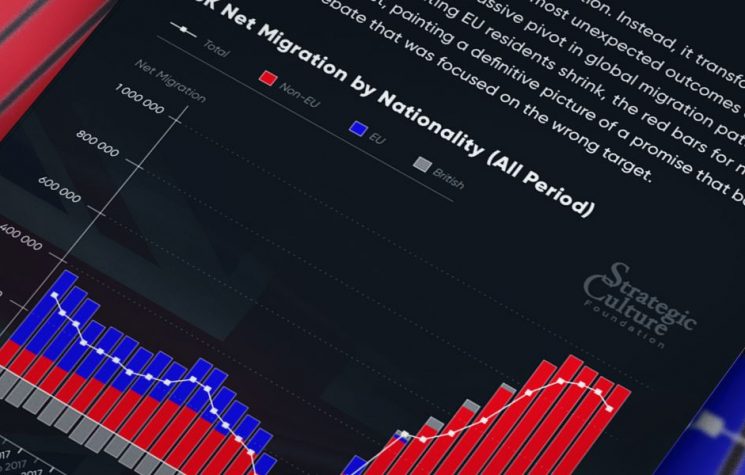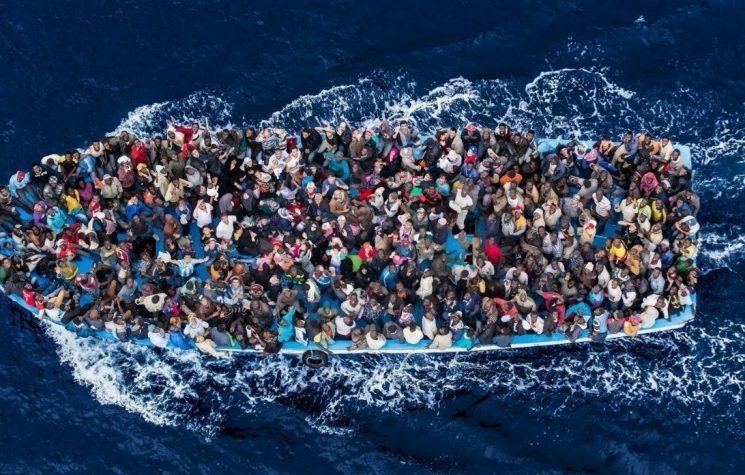In the endless pursuit of profit maximization, everyone is sacrificed—immigrants and natives alike.
Contact us: info@strategic-culture.su
We have previously commented on the complicated and often inhumane aspects of artificial mass migrations in the contemporary world, even pointing out the obvious correlation between the inability to address this issue and the rise of patriotic and identity-based sentiments in countries most affected by immigration.
However, it is also important to highlight the efforts of Western liberal-democratic governments—hitherto enthusiastic supporters of immigration—to confront this issue.
First and foremost, it must be noted that addressing this issue does not stem from a belated recognition of the problems caused by mass immigration for both immigrants and native workers, nor is it a newfound awareness of the uniqueness of their own people’s culture.
The motivation of Western governments is purely electoral. They aim to show their populations that they are “tackling immigration” to prevent the rise of rival political parties and movements, all while avoiding addressing the root causes of immigration or making any real effort to reverse the existing problem.
In recent years, the European Union, the United States, and the United Kingdom have signed bilateral agreements with third countries to expel migrants and refugees.
The externalization of borders is a strategy that involves transferring the responsibility of controlling migratory flows to third countries. Nations such as Libya, Turkey, Rwanda, Albania, and others have been used as “guards” for European and North American borders. In exchange for financial aid or trade agreements, these countries agree to receive expelled migrants, which, in a sense, amounts to a form of blackmail (a tactic Turkey has repeatedly used against Europe).
There are several recent examples of such agreements, including a €1 billion deal between the European Union and Lebanon, and another currently being negotiated with El Salvador.
Moreover, it is ironic to point out that Western liberal democracies claim to uphold liberal, humanist, cosmopolitan, and universalist values, while simultaneously, for purely electoral reasons, housing immigrants in third countries to store them there until a more politically opportune moment arises to accept them.
In Libya, for example, detention centers run by local militias are notorious for systematic abuses, including torture, forced labor, and sexual violence. Despite this, the European Union continues to cooperate with Libyan authorities to intercept migrants in the Mediterranean and return them to these centers.
These practices obviously reduce human beings to mere pawns in a geopolitical and economic game. Migrants and refugees are treated as commodities, traded for economic or political benefits, while their lives and dignity are disregarded.
Western countries often present themselves as defenders of human rights, democracy, and the rule of law. However, these deportation agreements reveal a profound contradiction between these declared values and the practices actually adopted.
Furthermore, there are aspects of these agreements that also have a fraudulent dimension regarding the expectations of citizens in the countries receiving immigrants. In many cases where third countries are used to house immigrants, Western nations essentially aim to attract skilled labor for specialized sectors, simultaneously depriving the immigrants’ home countries of their talent and replacing native workers in high-income positions.
In other words, migrants are treated as interchangeable cogs in a global economic machine, denied the dignity of a rooted and secure existence in their homeland, as well as respect for decent working conditions and the possibility of assimilation into the culture of the host country.
The contradictions with the human rights ideology embraced by Western countries are evident. The Universal Declaration of Human Rights clearly upholds “dignity” as an inalienable right. Yet, while it cannot be said that Western elites are insincere in their belief in this ideology (after all, they objectively promote it in place of all other ideologies and religions), it is clear that the human rights ideology defended by the West deals with an abstract conception of humanity, not with human beings in their concrete reality.
Thus, in the endless pursuit of profit maximization, everyone is sacrificed—immigrants and natives alike.














































